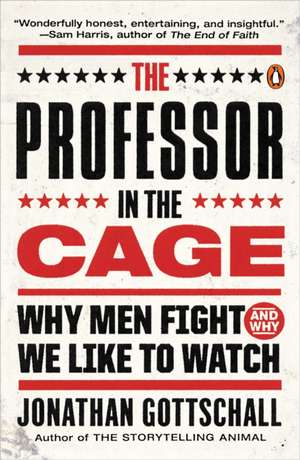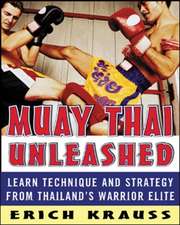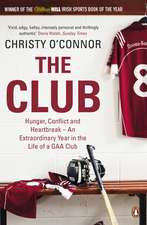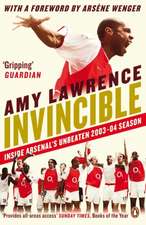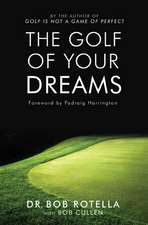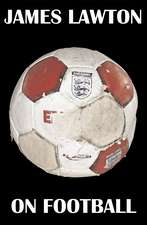The Professor in the Cage: Why Men Fight and Why We Like to Watch
Autor Jonathan Gottschallen Limba Engleză Paperback – 14 mar 2016
An English professor starts training in mixed martial arts, exploring the science and history behind the violence of men
When a mixed martial arts (MMA) gym opens across the street from his office, Jonathan Gottschall sees a challenge. Pushing forty, out of shape, and disenchanted with his job as an adjunct English professor, he works up his nerve and finds himself training for an all-out cage fight. He sees it not just as a personal test, but also as an opportunity to answer questions that have intrigued him for years: Why do men fight? And why do so many seemingly decent people love to watch?
In The Professor in the Cage, Gottschall’s unlikely journey from the college classroom to the fighting cage drives an important new investigation into the science and history of violence. The surging popularity of MMA—a full-contact sport in which fighters punch, choke, and kick each other into submission—is just one example of our species’ insatiable interest both in violence and in the rituals that keep violence in check. From duels to football to the roughhousing of children, humans are masters of what Gottschall calls the monkey dance: a dizzying variety of rule-bound contests that establish hierarchies while minimizing risk and social disorder. Gottschall’s unsparing odyssey—through extremes of pain, occasional humiliation, his wife’s incredulity, and ultimately his own cage fight—opens his, and our, eyes to the uncomfortable truth that, as brutal as these contests can be, the world would be a much more chaotic and dangerous place without them.
Preț: 131.75 lei
Nou
25.21€ • 26.39$ • 20.86£
Carte disponibilă
Livrare economică 15-29 martie
Specificații
ISBN-10: 0143108050
Pagini: 304
Dimensiuni: 137 x 211 x 23 mm
Greutate: 0.23 kg
Editura: Penguin Books
Descriere
An English professor starts training in mixed martial arts, exploring the science and history behind the violence of men
When a mixed martial arts (MMA) gym opens across the street from his office, Jonathan Gottschall sees a challenge. Pushing forty, out of shape, and disenchanted with his job as an adjunct English professor, he works up his nerve and finds himself training for an all-out cage fight. He sees it not just as a personal test, but also as an opportunity to answer questions that have intrigued him for years: Why do men fight? And why do so many seemingly decent people love to watch?
In The Professor in the Cage, Gottschall’s unlikely journey from the college classroom to the fighting cage drives an important new investigation into the science and history of violence. The surging popularity of MMA—a full-contact sport in which fighters punch, choke, and kick each other into submission—is just one example of our species’ insatiable interest both in violence and in the rituals that keep violence in check. From duels to football to the roughhousing of children, humans are masters of what Gottschall calls the monkey dance: a dizzying variety of rule-bound contests that establish hierarchies while minimizing risk and social disorder. Gottschall’s unsparing odyssey—through extremes of pain, occasional humiliation, his wife’s incredulity, and ultimately his own cage fight—opens his, and our, eyes to the uncomfortable truth that, as brutal as these contests can be, the world would be a much more chaotic and dangerous place without them.
